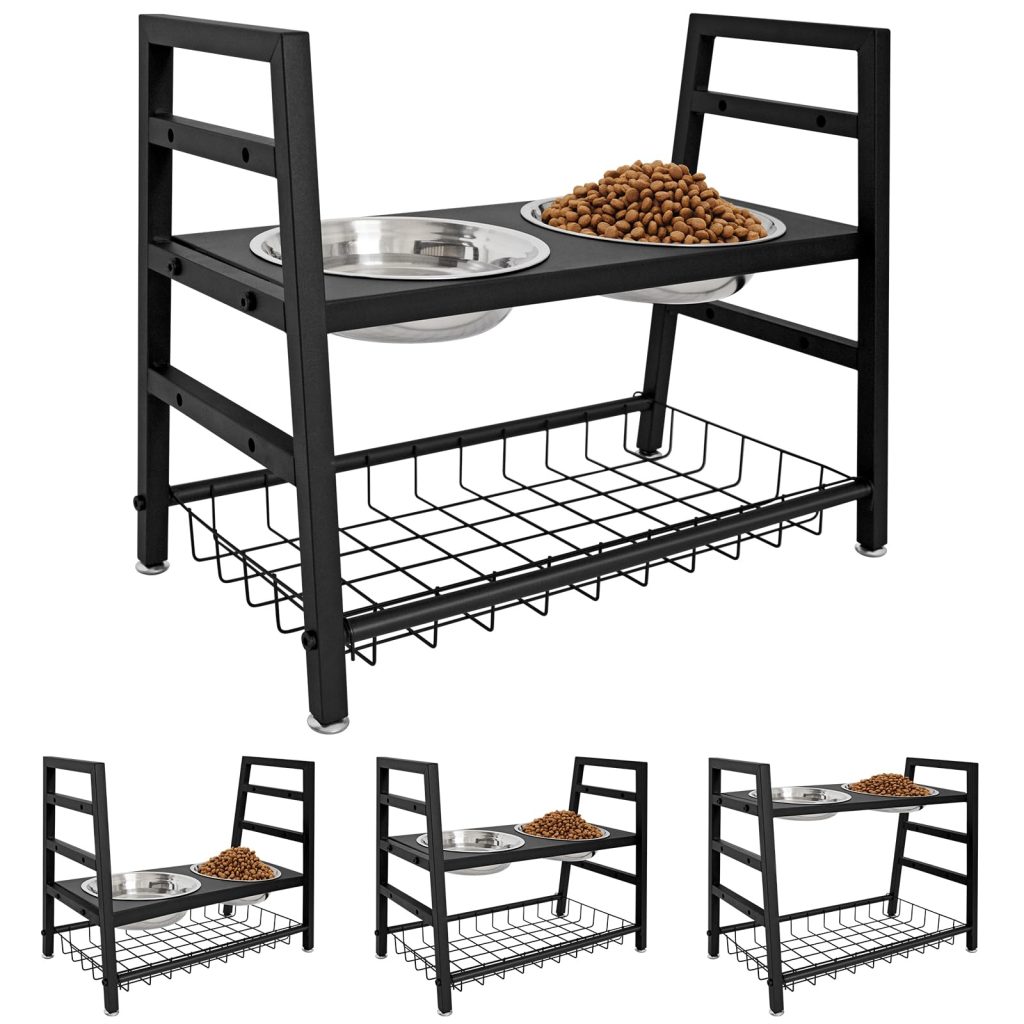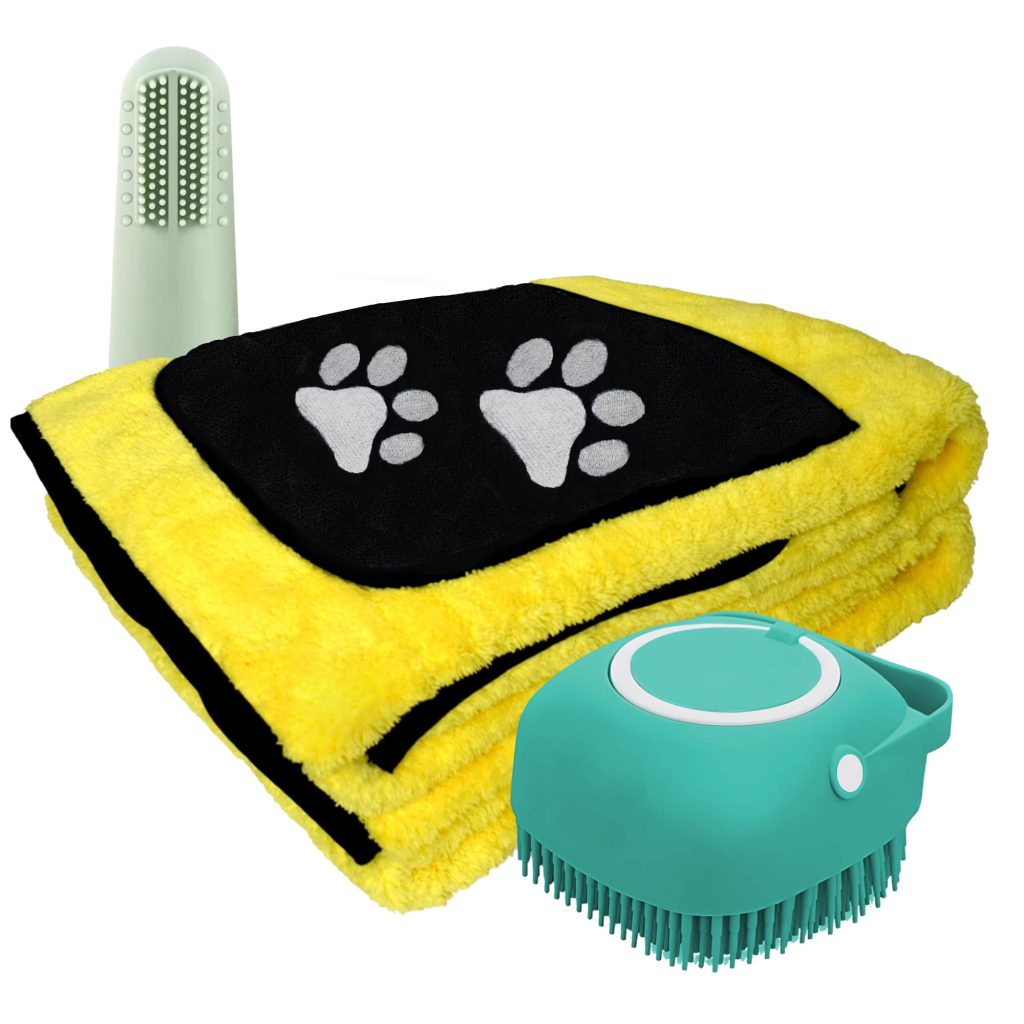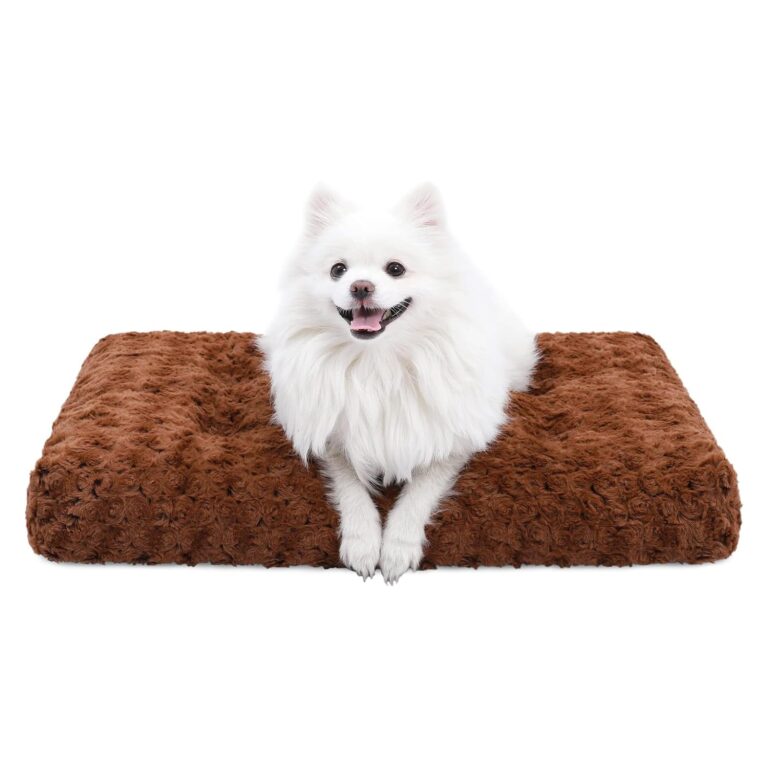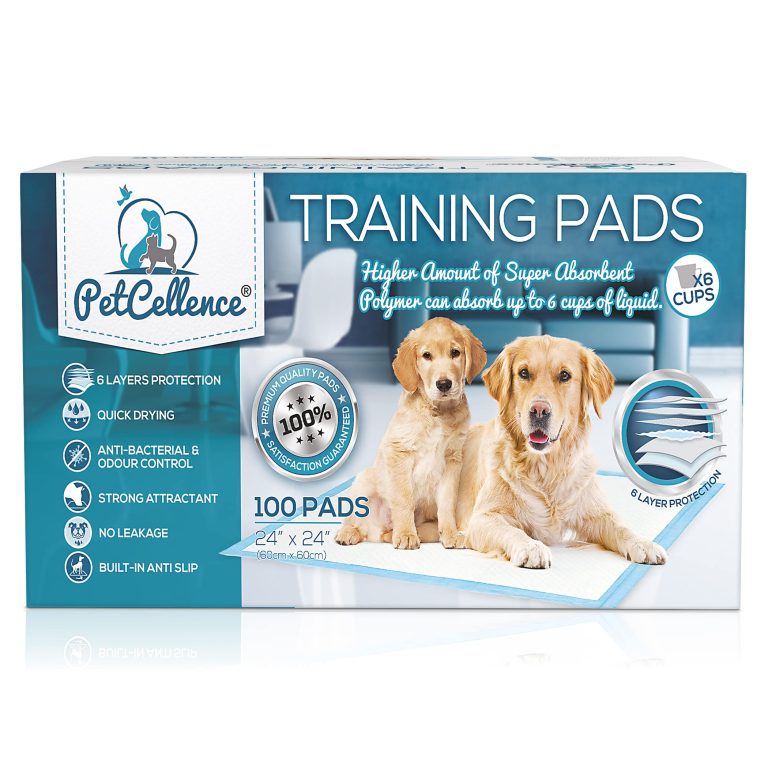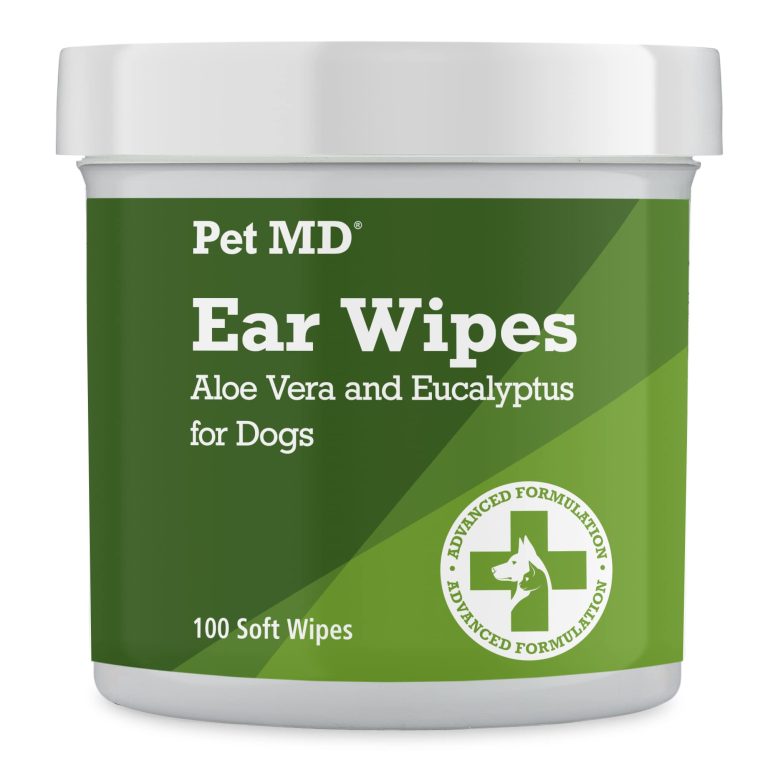The Truth About Dog Food Fillers

Dogs are often considered a member of the family, and as such, their health and well-being are of utmost importance. One important aspect of maintaining a dog’s good health is providing them with a nutritious and balanced diet. Unfortunately, many commercially available dog foods contain fillers that are neither nutritious nor beneficial for our furry friends. In this article, we will explore the truth about dog food fillers and discuss essential aspects of canine nutrition that every dog owner should be aware of.
Understanding Fillers
Fillers are ingredients used in dog food to add bulk and reduce costs. While some fillers can offer nutritional value, many others are simply empty calories that do not contribute to a dog’s well-being. Some common fillers found in commercial dog foods include corn, wheat, soy, and by-products.
These fillers not only lack essential nutrients, but they can also lead to allergies and digestive issues in dogs. Corn, wheat, and soy are common allergens for canines, and by-products are often made from low-quality ingredients that provide little nutritional value.
The Importance of a Balanced Diet
A balanced diet is important for a dog’s overall health. It provides the necessary nutrients to support their bodily functions, maintain a healthy weight, and promote overall well-being. Here are some essential components of a balanced canine diet:
- High-quality protein: Dogs are primarily carnivorous animals and require protein for muscle development and maintenance. Look for dog foods with named protein sources like chicken, beef, or fish.
- Fruits and vegetables: These provide essential vitamins, minerals, and fiber. Incorporating a variety of fruits and vegetables into the diet ensures a broad spectrum of nutrients.
- Healthy fats: Omega-3 and omega-6 fatty acids are important for a dog’s skin, coat, and overall immune system. Sources of healthy fats include fish oil, flaxseed, and chicken fat.
Dietary Needs for Different Life Stages and Breeds
It is important to recognize that the nutritional needs of dogs can vary based on their life stage and breed. Puppies require higher levels of protein and fat to support their rapid growth, while senior dogs may benefit from diets containing fewer calories to prevent obesity.
Breed-specific diets are also becoming increasingly popular. Different breeds have unique nutritional requirements, and certain breeds may be prone to specific health issues. Consulting with a veterinarian can help determine the best diet for your dog.
Homemade Diet Options
Some dog owners choose to prepare homemade diets for their furry companions. While this can be a rewarding approach, it’s essential to ensure the diet is nutritionally balanced. Consultation with a veterinarian or professional canine nutritionist is highly recommended to develop a well-rounded homemade diet plan.
Homemade diets often consist of lean meats, fruits, vegetables, and whole grains. However, it’s important to research which foods are safe and which should be avoided, as some human foods can be toxic to dogs.
Tip: If preparing homemade dog food, ponder adding a multivitamin or mineral supplement to ensure all essential nutrients are met.
Addressing Common Dietary Challenges
Many dog owners face dietary challenges with their pets, such as allergies, sensitivities, or intolerances. In such cases, it’s important to identify the specific ingredient causing the problem and avoid it in future meals. Limited ingredient diets or hypoallergenic dog foods may be beneficial in managing these challenges.
Additionally, some dogs may require specialized diets to address specific health conditions, such as kidney disease, gastrointestinal issues, or weight management. These diets are typically recommended and prescribed by a veterinarian to ensure the dog’s specific needs are met.
The Bottom Line
Providing your dog with a nutritious and balanced diet is essential for their overall health and well-being. Avoiding dog food fillers and focusing on high-quality ingredients can help ensure their nutritional needs are met. Whether you choose commercial dog food or opt for a homemade diet, consulting with a professional to develop a suitable meal plan is always advisable. Remember, a healthy diet lays the foundation for a happy and active life for your furry friend!
